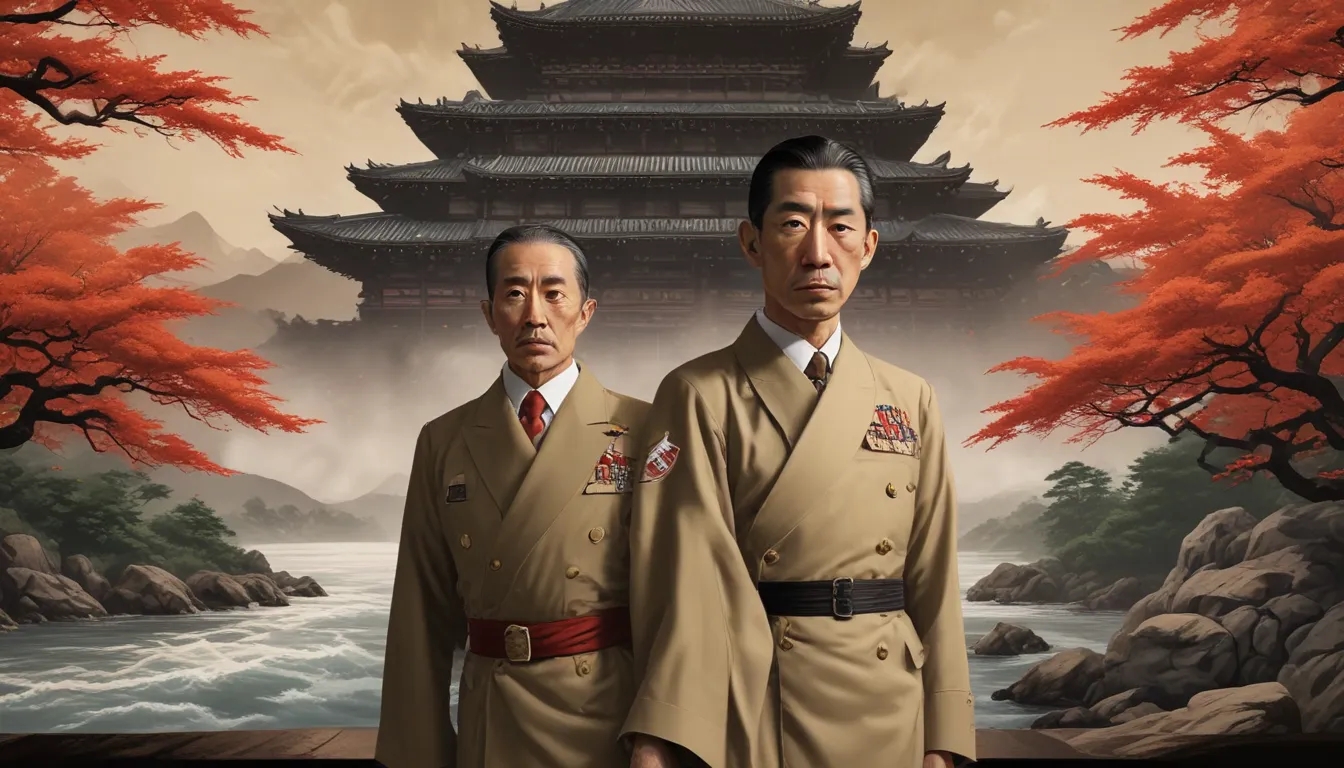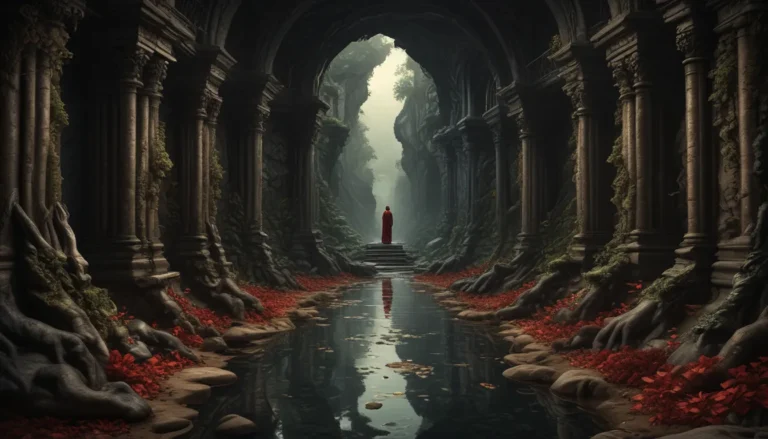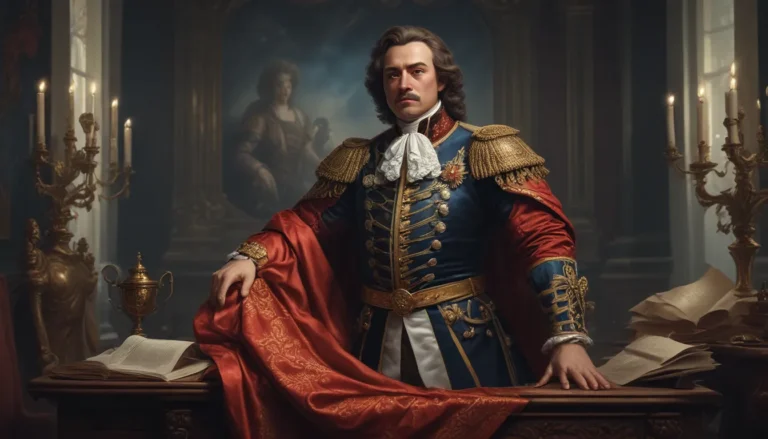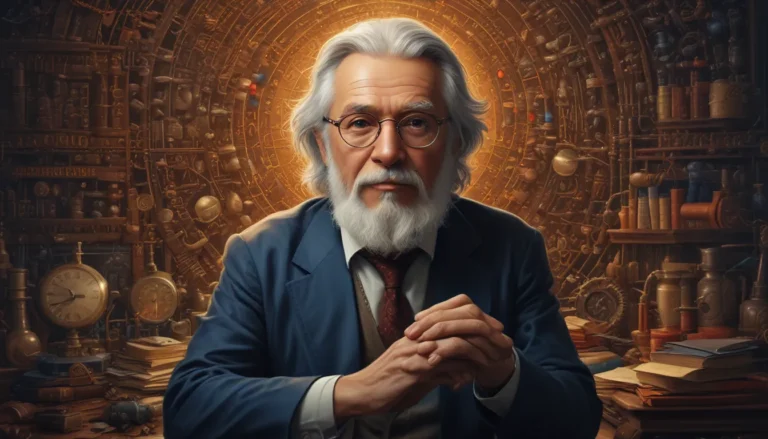The images in our articles may not match the content exactly. They are used to grab your attention, not to show the exact details in the text. The images complement the text but do not replace it.
Emperor Hirohito, also known as Emperor Showa, holds a significant place in Japan’s history as the longest-reigning monarch in the country. His reign, spanning over six decades from 1926 to 1989, witnessed pivotal historical events and transformations in Japan. While he is often recognized for his role during World War II, there are many intriguing facets of his life that shed light on his complex persona. Join us as we delve into 13 astonishing facts about Emperor Hirohito, providing a deeper understanding of the man behind the imperial dynasty and exploring his remarkable legacy.
The Longest Reign in Japanese History
Emperor Hirohito’s reign set a record as the longest in Japanese history, with his rule lasting from 1926 until his passing in 1989. This period marked a time of significant change for Japan, encompassing the country’s involvement in World War II and the subsequent post-war reconstruction efforts.
The Divine Status
During his reign, Hirohito was revered as a divine figure by the Japanese people, regarded as the direct descendant of the sun goddess Amaterasu. This unique and esteemed position within Japanese society highlights the reverence and honor accorded to the Emperor.
The Surrender Speech
In a historic moment on August 15, 1945, Emperor Hirohito delivered a speech announcing Japan’s surrender and the conclusion of World War II. This marked the first time the Japanese people heard their Emperor’s voice directly, as his communication had previously been solely through written messages.
Role in the Post-War Rebuilding
Following the war, Emperor Hirohito played a crucial role in Japan’s post-war recovery efforts. He actively supported the country’s transition to a constitutional monarchy and engaged in diplomatic endeavors to rebuild Japan’s relations with other nations.
A Symbol of Peace
Emperor Hirohito emerged as a symbol of peace and reconciliation, both within Japan and on the international stage. Through numerous visits to other countries, he promoted peace and friendship, fostering harmonious relationships between nations.
Scientific Research as a Hobby
Beyond his official duties, Emperor Hirohito pursued a passion for marine biology. Engaging in extensive research, he published scientific papers under a pseudonym, demonstrating his keen interest in the natural world and showcasing his intellectual pursuits.
The Imperial Concession
In a groundbreaking move in January 1946, Emperor Hirohito renounced his divine status, signaling a significant shift in Japan’s societal structure and paving the way for the country’s democratization efforts.
Hidden Knowledge of the Atomic Bomb
Contrary to popular belief, Emperor Hirohito was not aware of the development or use of the atomic bomb until after it was dropped on Hiroshima and Nagasaki. The decision to surrender was made by the Japanese government, with his guidance.
The Showa Era
Hirohito’s reign, often referred to as the “Showa era” or the “Era of Enlightenment,” symbolized his aspiration to bring about positive changes and advancements in Japan, reflecting his commitment to progress and modernization.
A Gentle Personality
Despite his divine status, Emperor Hirohito was known for his gentle and reserved demeanor. Displaying empathy and kindness towards his subjects, he often exhibited concern for their well-being, fostering a connection with the people.
Posthumous Title
Following his passing, Emperor Hirohito was posthumously named Emperor Showa, a title used in discussions and historical references to honor his legacy and contributions to Japan’s history.
The Chrysanthemum Throne
Emperor Hirohito occupied the Chrysanthemum Throne, a symbol of the Japanese monarchy passed down through generations of the imperial family, representing the continuity of Japan’s imperial lineage and heritage.
A Legacy of Change
Emperor Hirohito’s reign left an enduring impact on Japan, shaping the nation’s trajectory and contributing to its evolution into a progressive and modern society. His leadership during pivotal historical moments defined Japan’s path towards peace and prosperity.
Conclusion
Emperor Hirohito’s life and reign exemplify a remarkable journey through Japan’s history, illuminating his multifaceted persona and significant contributions. From his early years as a diligent prince to his pivotal role in post-war rebuilding, Emperor Hirohito’s legacy stands as a testament to his enduring impact on Japan’s transformation.
As we reflect on these compelling facts, it becomes evident that historical figures like Emperor Hirohito play a vital role in shaping the course of nations. By exploring their lives and understanding the context of their actions, we gain a deeper appreciation for the complexities of history and the influence of remarkable individuals like Emperor Hirohito.
FAQs
- Was Emperor Hirohito directly involved in World War II?
-
Emperor Hirohito played a significant role as the symbolic leader of Japan during World War II, though the extent of his direct involvement in military decision-making remains a subject of historical debate.
-
How did Emperor Hirohito’s reign impact post-war Japan?
-
Emperor Hirohito oversaw Japan’s transition from a militaristic power to a nation focused on peace, reconstruction, and modernization. His efforts in promoting democratic reforms and fostering international relations were instrumental in shaping post-war Japan.
-
What was Emperor Hirohito’s role after Japan’s surrender?
-
After Japan’s surrender, Emperor Hirohito actively contributed to rebuilding the nation and promoting reconciliation. Embracing a constitutional monarchy, he sought to modernize Japan’s economy and society, guiding the country towards a new era of progress.
-
How is Emperor Hirohito perceived in modern-day Japan?
-
Opinions on Emperor Hirohito vary among the Japanese populace, with some viewing him as a symbol of tradition and unity, while others critique his perceived lack of accountability for Japan’s actions during the war.
-
What is Emperor Hirohito’s legacy?
- Emperor Hirohito’s legacy encompasses a period of immense change and transformation in Japan, leading the nation through post-war recovery to emerge as a global economic powerhouse. His contributions to Japan’s modernization and peace efforts have left a lasting imprint on the country’s history.
Emperor Hirohito’s captivating story and impactful reign unveil the intricate tapestry of Japan’s history, offering insight into a remarkable figure who shaped the course of a nation. If you found Emperor Hirohito’s journey intriguing, consider exploring the enigmatic facts surrounding his son, Emperor Akihito, for another compelling chapter in Japan’s imperial legacy.
Explore with Confidence
Our dedication to providing accurate and engaging content underscores our commitment to delivering trustworthy information. Every fact on our site is sourced from real users like you, ensuring a diverse range of insights and knowledge. Our meticulous editorial review process guarantees the credibility and reliability of the information we share. Trust in our pursuit of quality and authenticity as you embark on your journey of exploration and learning with us.






